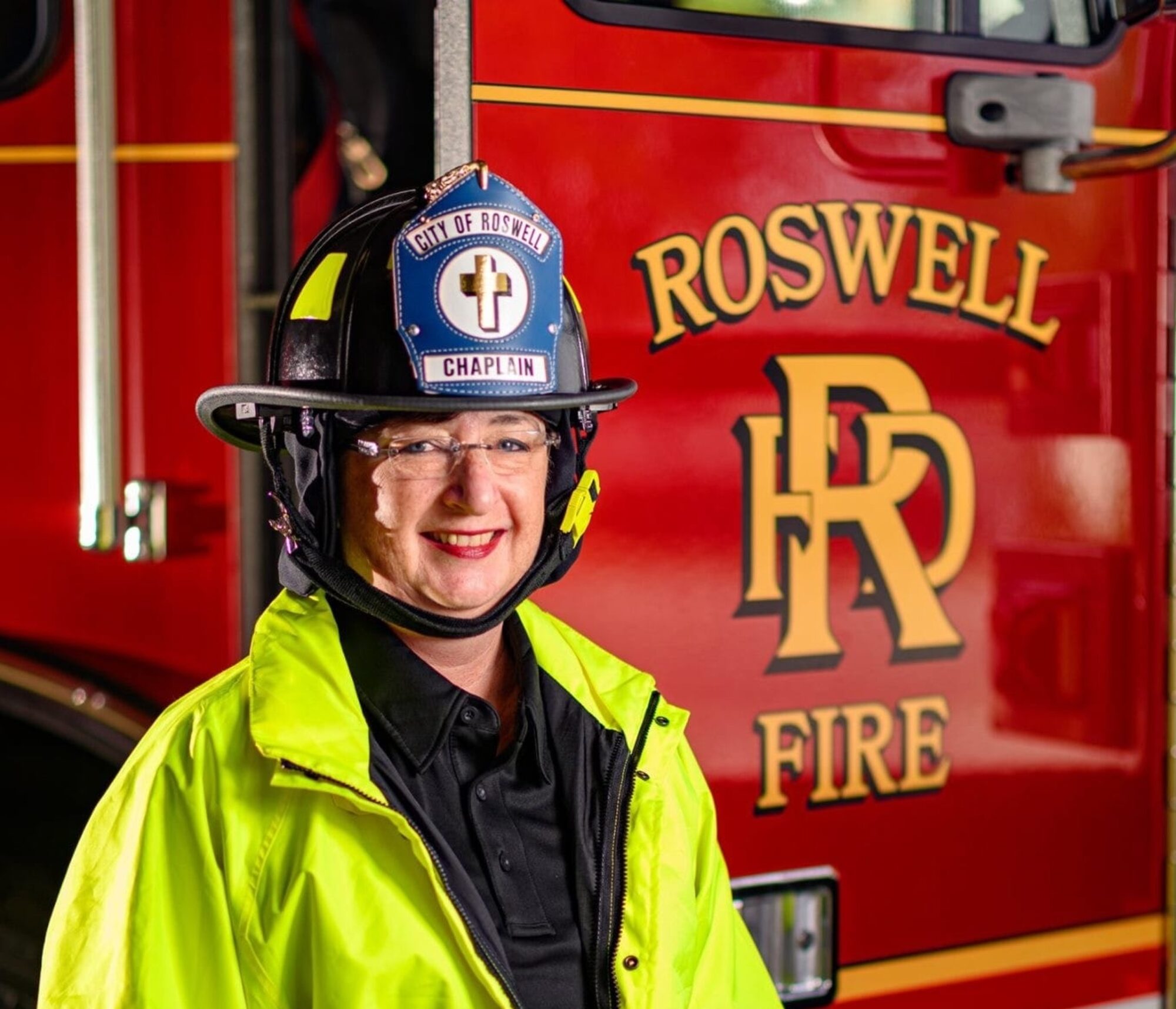Thanks to the public information campaigns of a number of organizations supporting veterans the term PTSD, or Post Traumatic Stress Disorder is now widely known. After almost 20 years of learning and lecturing about PTSD I have learned that while the name is well known there is still very little general understanding of the criteria a person has to meet to be given the diagnosis of PTSD.
Several years ago a chaplain friend of mine asked me to speak to the oncology department at his hospital. The topic was traumatic stress and self care. The nurses attended the didactic thinking they were there to learn how to care for their patients who may be traumatized. What my friend guessed and what I learned after this experience is that some of the nurses experience and struggle with the traumatic events they deal with in the course of their work.
What I wrongly assumed is that medical professionals would know and understand the toll their work takes on them personally, they did not. That lecture led to an invitation to another conference of medical professionals. In the three years I’ve served as a chaplain for the Roswell Fire Department I’ve had conversations about traumatic stress with our public safety employees in the fire, police and 911 dispatch areas. Many know their jobs expose them to trauma, but few know what it takes to meet the criteria for a PTSD diagnosis.
For a comprehensive explanation of PTSD you should read through the National Institute of Mental Health web page on Post Traumatic Stress Disorder. In summary there is a list of conditions that must be present to meet the criteria for a diagnosis. After experiencing or witnessing a traumatic event it is normal to feel unsettled, upset and have trouble processing the experience. If after a month or two after an event, or after responding to a number of disturbing events in the case of public safety personnel, you are struggling with symptoms that interrupt your normal ability to function, you should seek help from a professional trained to diagnose and help people who experience traumatic events.
Much has been done in this field the past 20 years. Therapies have shown to greatly reduce the symptoms of traumatic stress and allow the person with the diagnosis to function at a very high level. There is such a high success rate that professional in the field are working to change the name from Post Traumatic Stress Disorder to Post Traumatic Stress Injury. The word disorder has a connotation that it is a pre-existing condition where as the word injury more correctly fits the symptoms since we now know people can recover and heal from their experiences. In a letter to the American Psychiatric Association, Drs. Frank Ochberg and Jonathan Shay outline their reasoning for the change from disorder to injury. I encourage you to go to the website, Post Traumatic Stress Injury, and read through the various links.
I do need to mention that I look to Dr. Ochberg and Dr. Shay as mentors in the field of traumatic stress. I had the opportunity to meet both in 2003 at the International Society of Traumatic Stress Studies. Both are very generous with their time and knowledge and helped me learn early after I graduated from seminary about traumatic stress and related diagnosis. I have had the opportunity to attend a few other meetings over the years with both doctors, and others like Dr. Charles Figley who wrote the book on Compassion Fatique. You will note several resources on the Resources for First Responders entry are related to these three doctors.
For an easy to understand, and listen to, webcasts about PTSD and related topics, see this webpage from Gift From Within .
